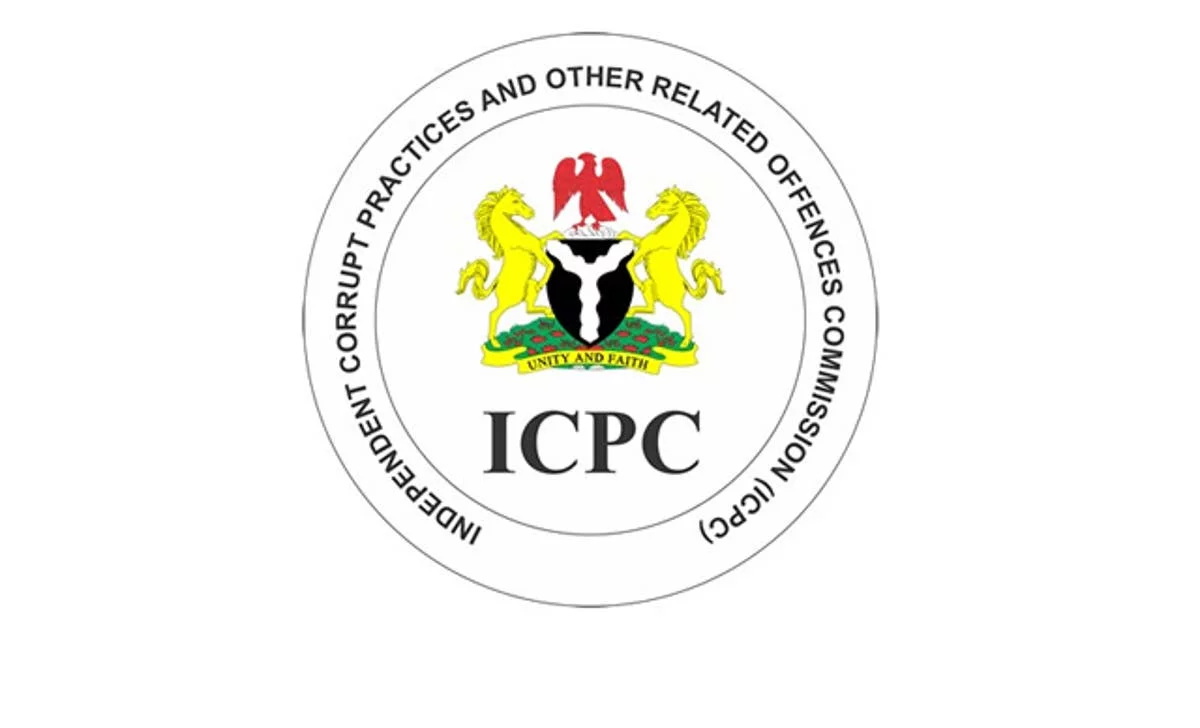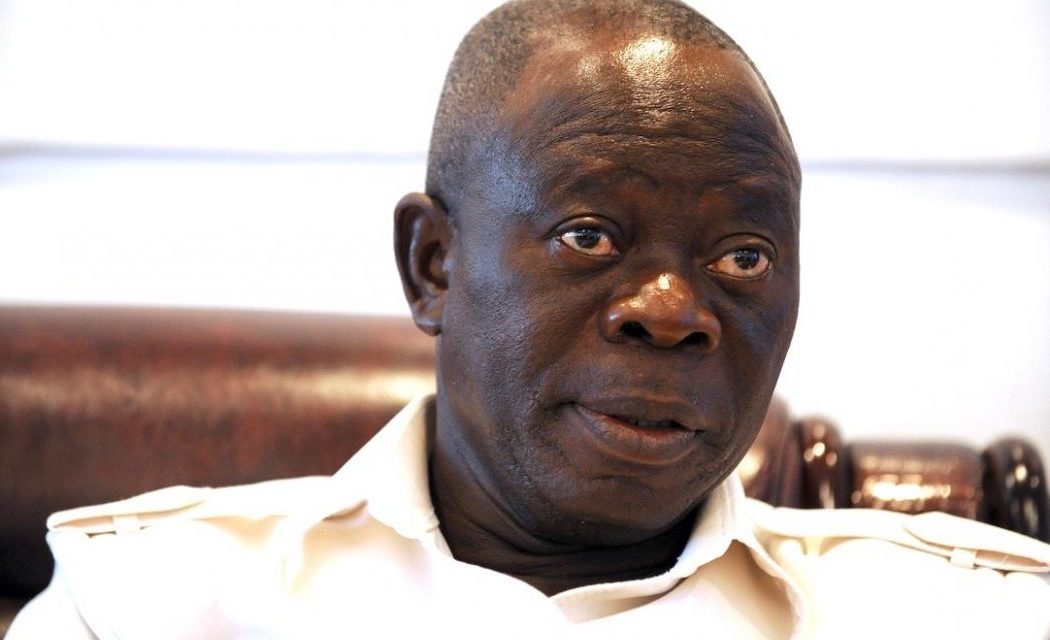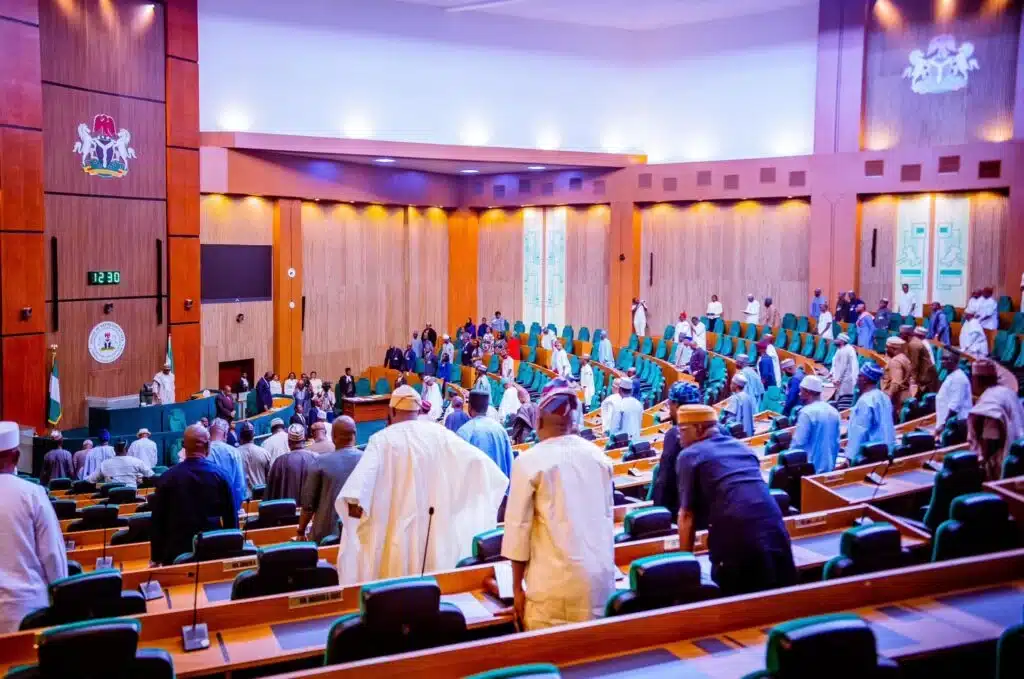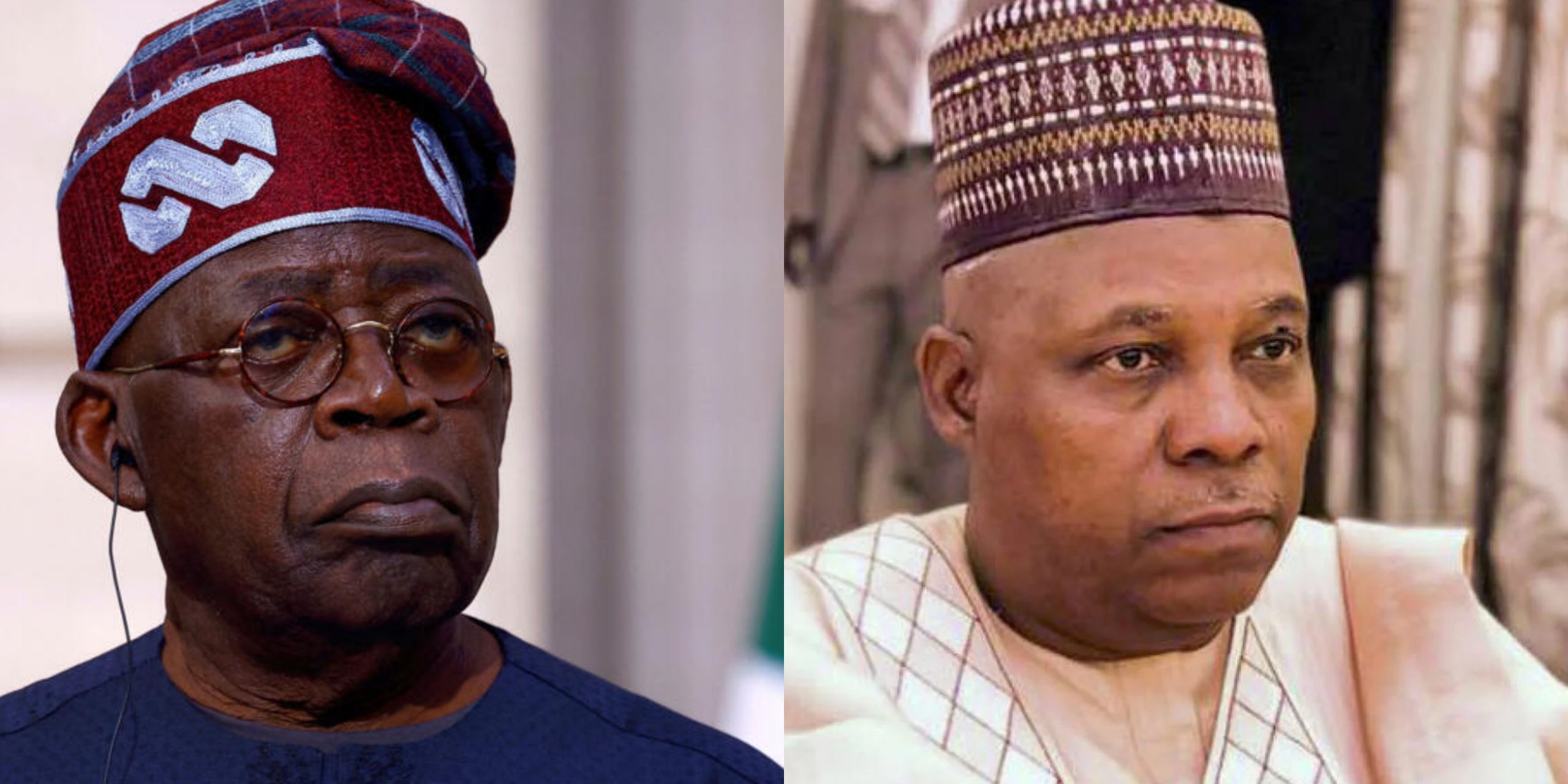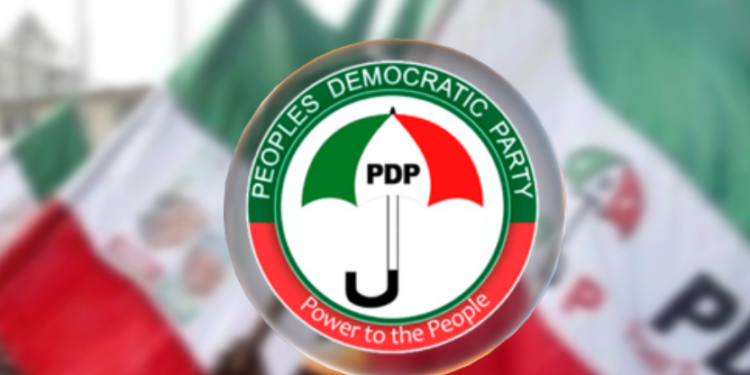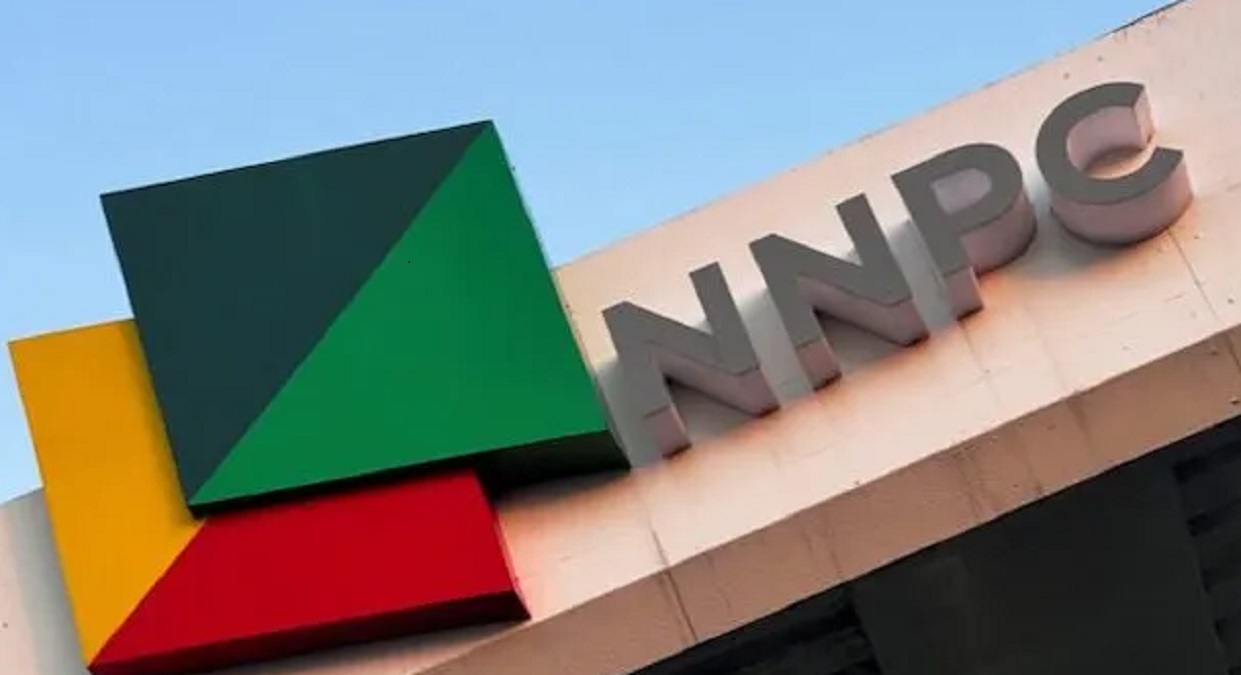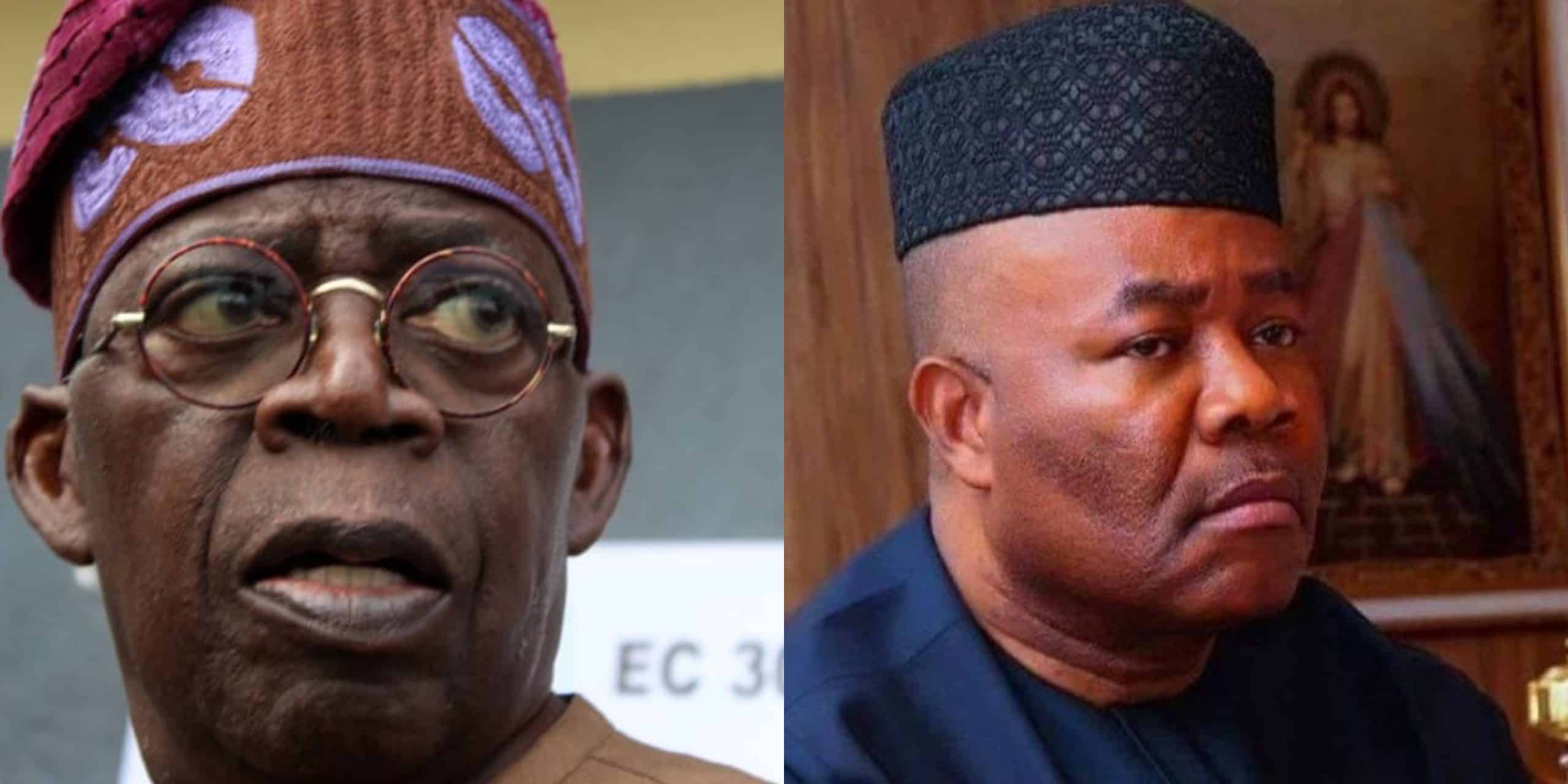The Independent Corrupt Practices and Other Related Offences Commission (ICPC) has begun the seventh phase of its project tracking initiative.
In a statement issued on Tuesday, the ICPC spokesperson, Demola Bakare, revealed that the agency is focusing on constituency and executive projects worth N610 billion across 22 states.
This initiative, which began on November 18, 2024, covers 1,500 projects across Nigeria’s six geopolitical zones.
The states involved include Kwara, Niger, Kogi, the Federal Capital Territory, Kebbi, Kano, Kaduna, Jigawa, Bauchi, Gombe, Borno, Lagos, Ondo, Osun, Oyo, Akwa Ibom, Rivers, Cross River, Delta, Imo, Abia, and Enugu.
The initiative seeks to ensure government funds allocated for critical sectors such as education, health, agriculture, water resources, and power are properly utilized.
Bakare said, “The ICPC has kicked off Phase 7 of the Constituency and Executive Project Tracking Exercise.
“The tracking of the constituency and executive projects is an initiative of the commission that began in 2019, focusing on how well money allocated to critical sectors of education, health, agriculture, water resources and power, amongst others, by the government is utilised.
“The seventh phase, involving 1,500 projects with a total project value of N610bn, commenced on Monday, November 18th, 2024, in 22 states across the six geopolitical zones. The states are Kwara, Niger, Kogi, FCT, Kebbi, Kano, Kaduna, Jigawa, Bauchi, Gombe, Borno, Lagos, Ondo, Osun, Oyo, Akwa Ibom, Rivers, Cross River, Delta, Imo, Abia and Enugu State.
“The Phase 7 tracking exercise will cut across agencies of government, including intervention agencies such as the North-East Development Commission; the Niger Delta Development Commission; the National Agricultural Land Development Authority, Universal Basic Education Commission, Rural Electrification Agency, National Primary Health Care Development Authority, Tertiary Education Trust Fund and Ecological Fund Office.
“The objective of the exercise is to deepen adherence to due process in the execution of government projects, improve value for money, and entrench the culture of compliance with the scope and specification as contained in the contract documents.”

